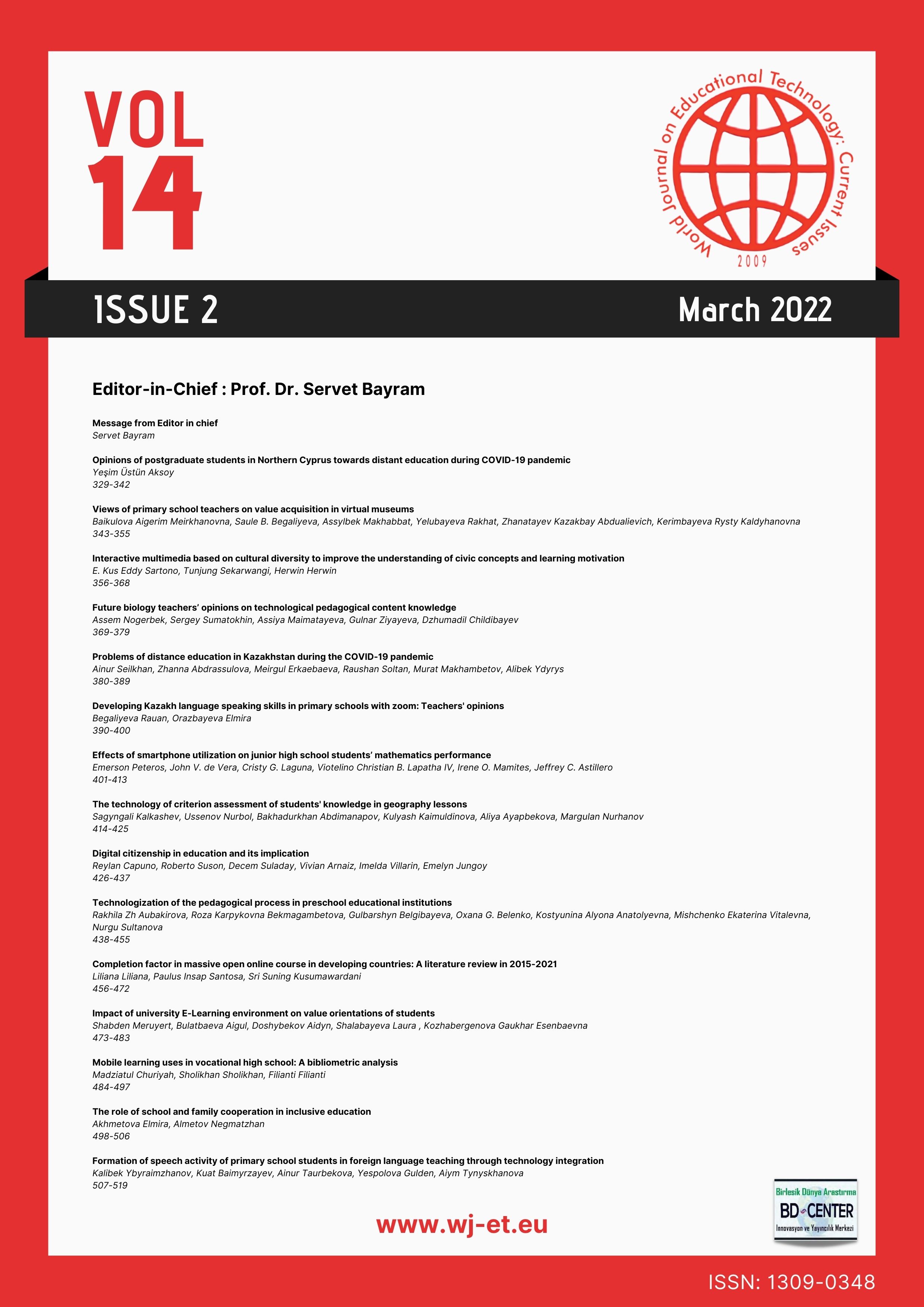Digital citizenship in education and its implication
Main Article Content
Abstract
Nowadays, billions of people across the world communicate with one another using a variety of technological means. As a result of this connection, we now live in a digital world where people can learn, work, play, and socialize with ease. Likewise, educators of all skills levels may not understand how to use technology effectively. Hence, both students and teachers need to become a member of a digital citizenry. Findings revealed that in terms of the elements of digital citizenship, teachers are significantly higher than students. The results indicate that students are at risk in this digital environment along with the covid-19 pandemic. This critical aspect addresses the schools to provide initiative and integrate digital citizenship in the curriculum in order to provide a responsible digital citizen.
Keywords: Digital citizenship, Basic Education, Digital education, Self-education, Responsible citizen
Downloads
Article Details

This work is licensed under a Creative Commons Attribution 4.0 International License.
World Journal on Educational Technology: Current Issues is an Open Access Journal. The copyright holder is the author/s. Licensee Birlesik Dunya Yenilik Arastirma ve Yayincilik Merkezi, North Nicosia, Cyprus. All articles can be downloaded free of charge. Articles published in the Journal are Open-Access articles distributed under CC-BY license [Attribution 4.0 International (CC BY 4.0)].
Birlesik Dunya Yenilik Arastirma ve Yayincilik Merkezi (BD-Center)is a gold open-access publisher. At the point of publication, all articles from our portfolio of journals are immediately and permanently accessible online free of charge. BD-Center articles are published under the CC-BY license [Attribution 4.0 International (CC BY 4.0)], which permits unrestricted use, distribution, and reproduction in any medium, provided the original authors and the source are credited.
